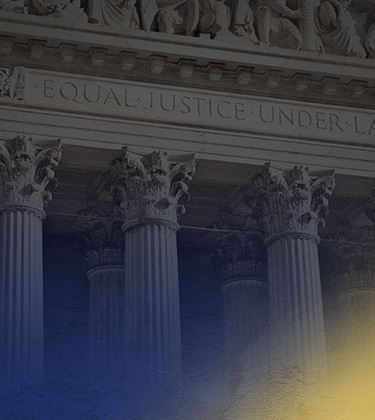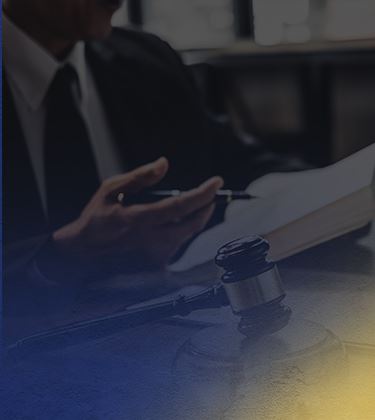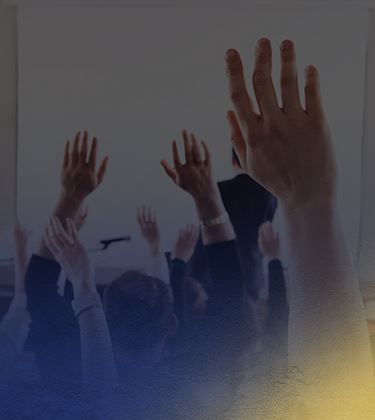
Chapter 7
How Can We Help?
-
 Meet Your Legal ProfessionalsWe put the time and care into your case that it deserves, and we are here to guide you through this process.
Meet Your Legal ProfessionalsWe put the time and care into your case that it deserves, and we are here to guide you through this process. -
 Handling All Aspects of the Legal ProcessWe are the reputable and reliable law firm you need on your side during your legal matter. We handle all types of cases!
Handling All Aspects of the Legal ProcessWe are the reputable and reliable law firm you need on your side during your legal matter. We handle all types of cases! -
 Answers to Your Legal QuestionsThe legal process can be daunting, and we understand you may have questions. Review our FAQ page to find helpful answers.
Answers to Your Legal QuestionsThe legal process can be daunting, and we understand you may have questions. Review our FAQ page to find helpful answers.
The Benefits of Hiring Owenby Law, P.A.
Owenby Law, P.A. is here to help you get the results you need with a team you can trust.
-
Free Initial Consultations
-
Successfully Handled Thousands of Cases
-
Backed by Over 20 Years of Experience
-
Personalized, Results-Oriented Representation
-
A Team of Compassionate Advocates On Your Side
-
Flexible Payment Plans Available


